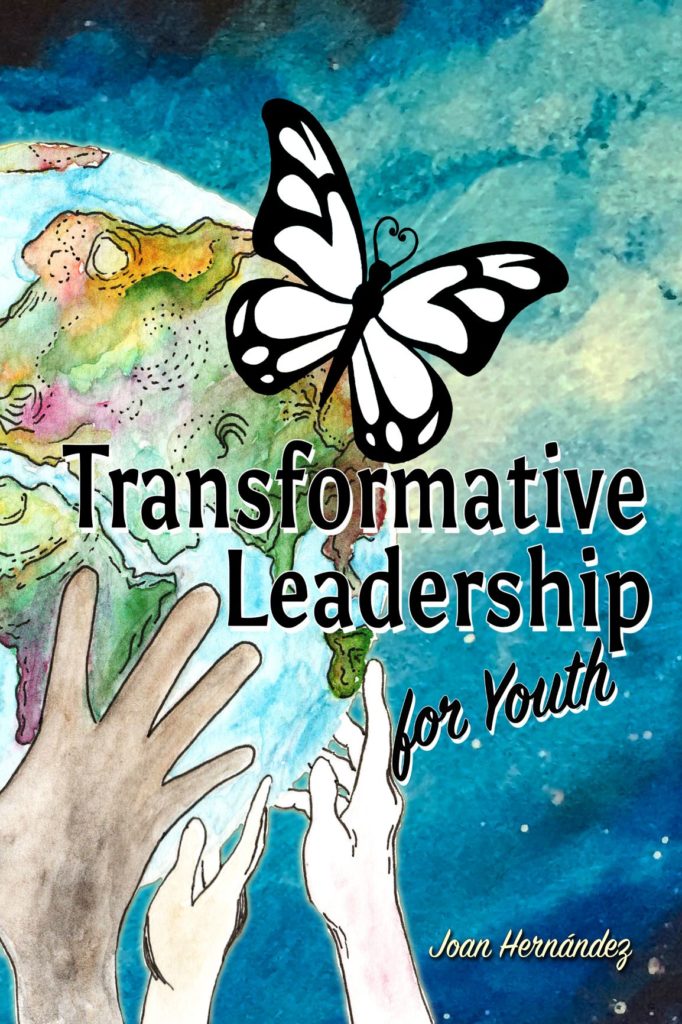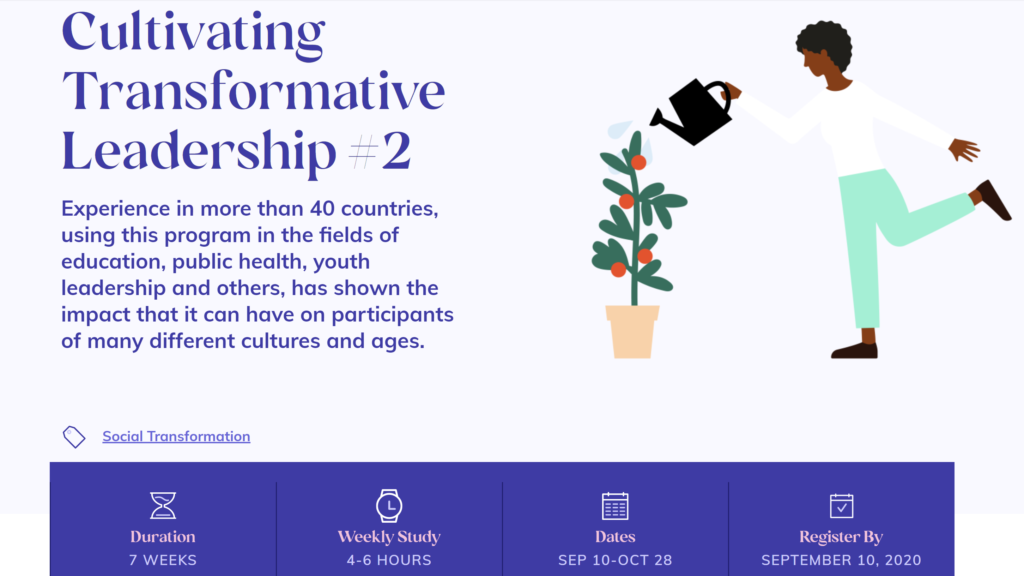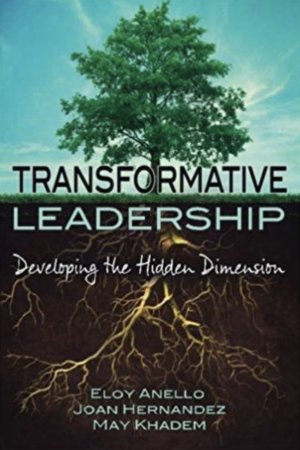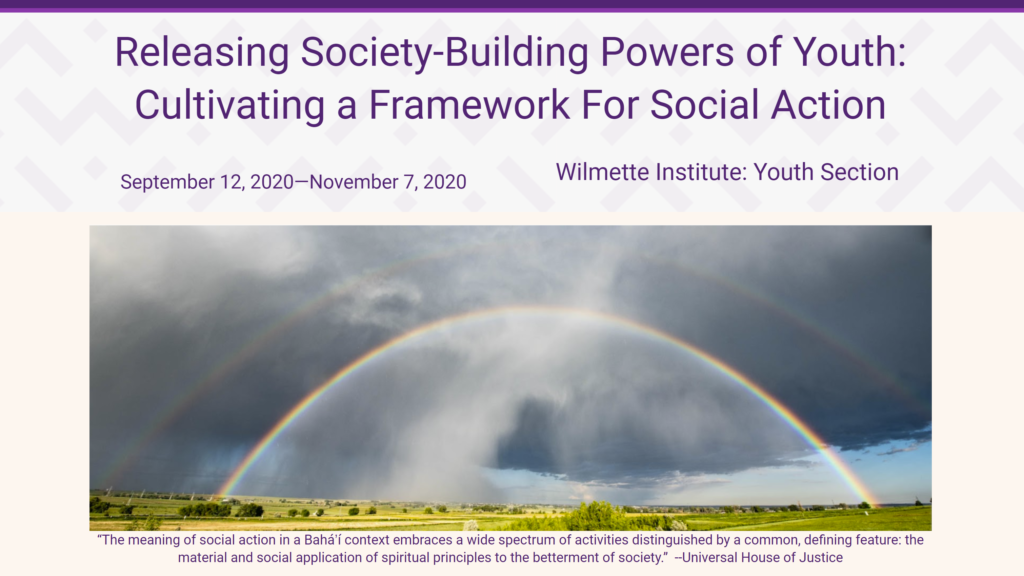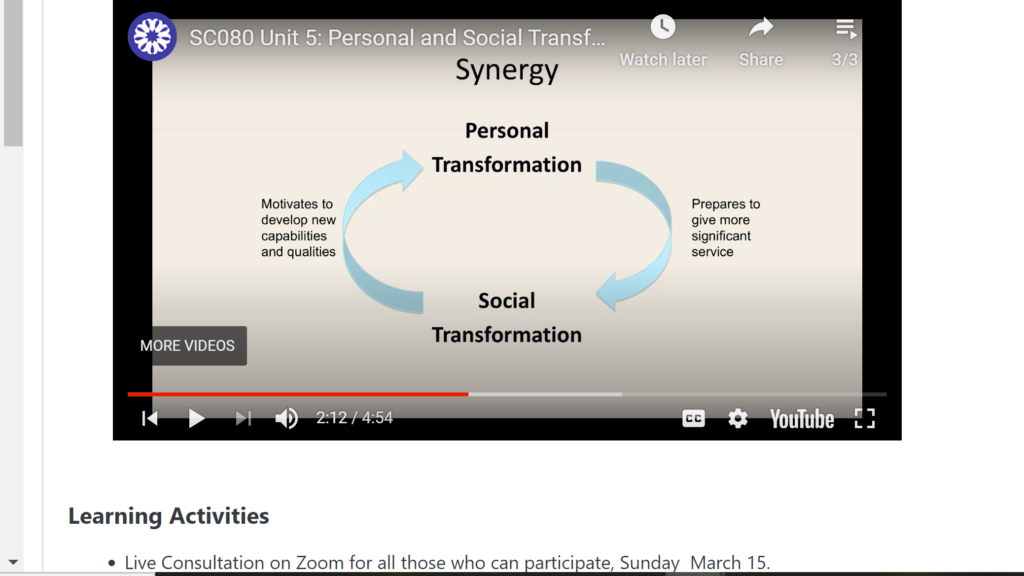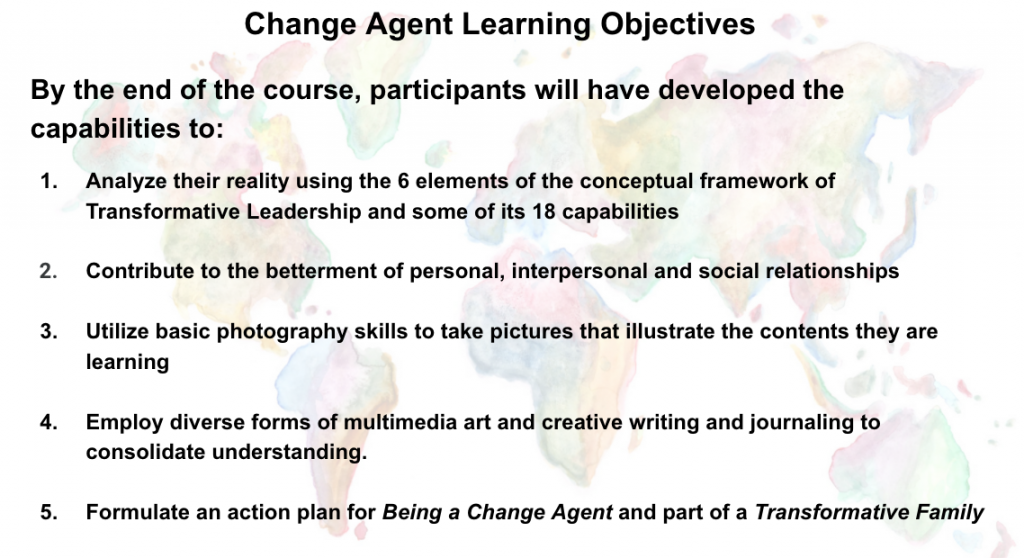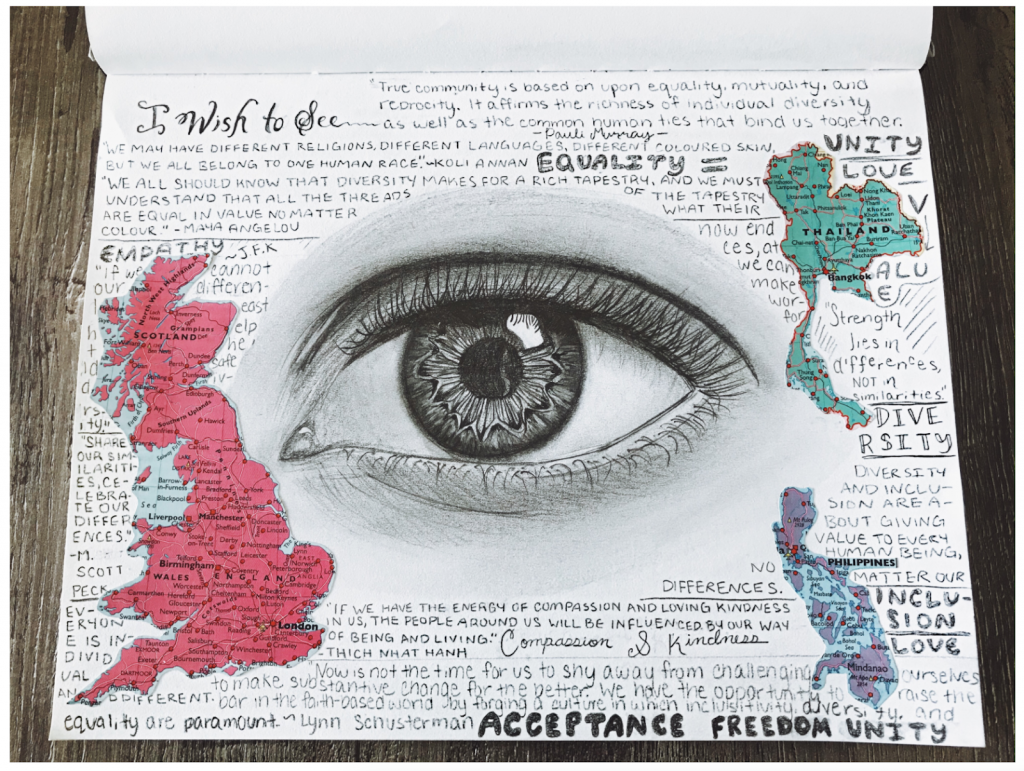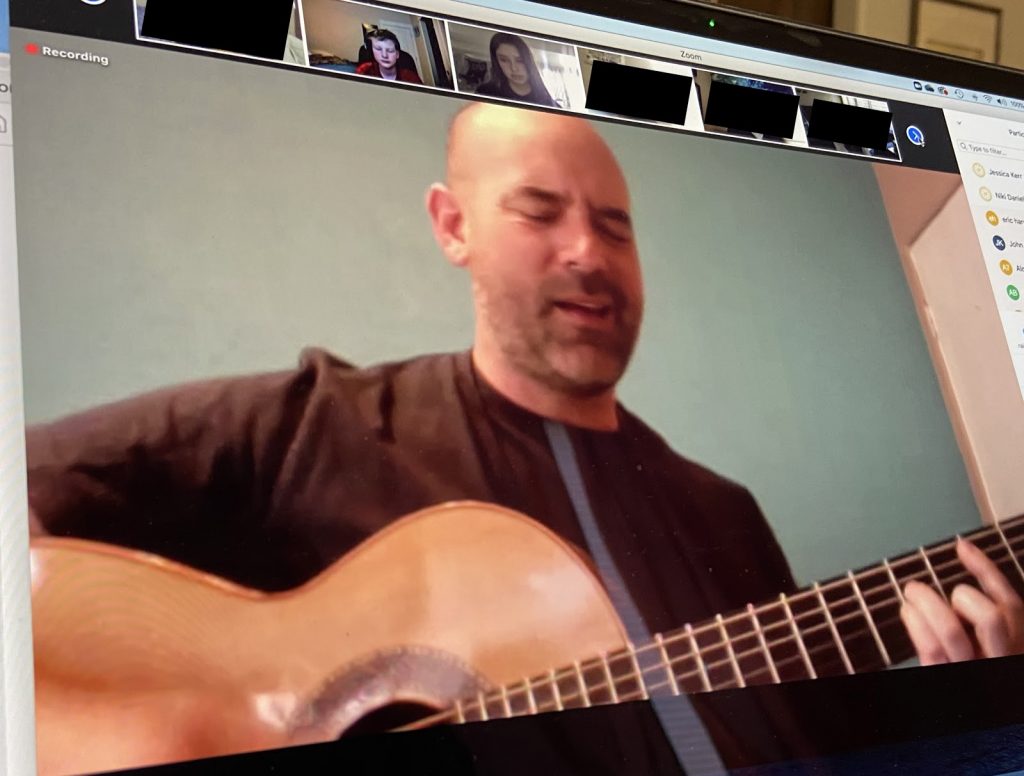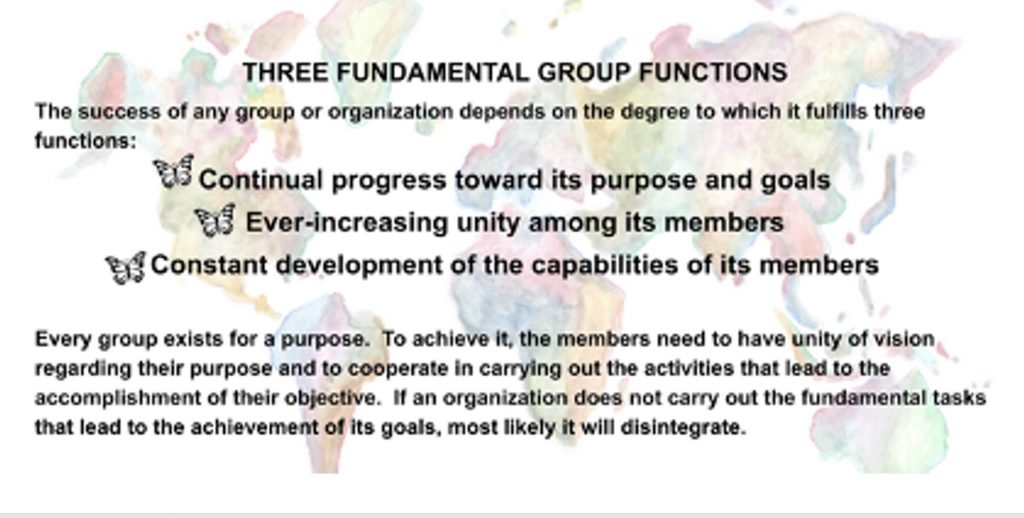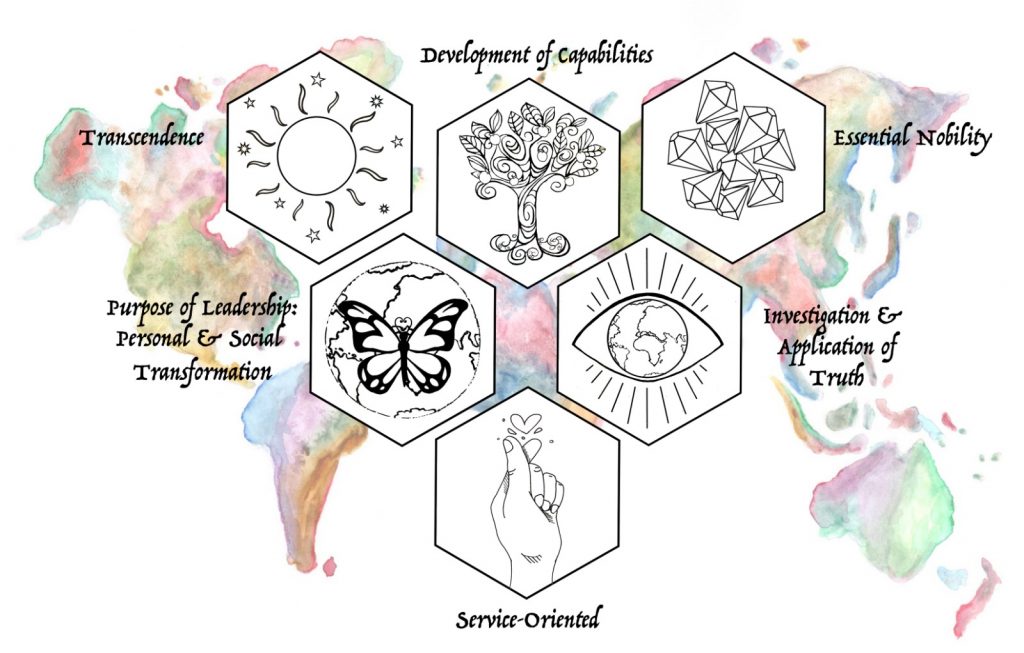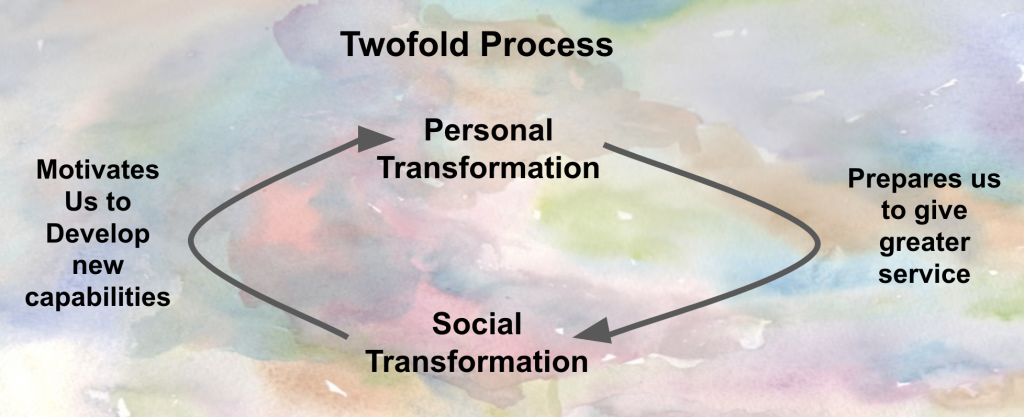We just finished the second course of Cultivating Transformative Leadership offered by the Wilmette Institute with some 40 enthusiastic participants.
Besides their enthusiasm, what especially impressed me about this group was how rapidly they began to put into practice what they were studying. In this and the following newsletters, we will share examples from the posts of some of the participants.
During the course, we ask the participants to share with others some of what they learned that week since teaching is the best way to reinforce learning. In the weekly activities, one option for an “Application” is to post on social media something related to the topic . In the excerpts from his posts, Michael Maestry shares some of his experiences with these two activities.
Michael Mastry – General Manager at Organic Lawns
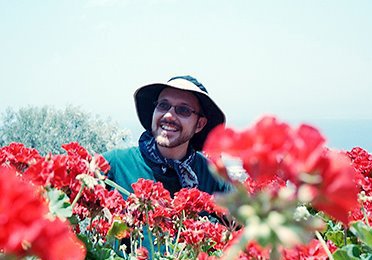
“My social transformation goal will be to share what I am learning with creative groups with whom I work These include my family, the team at my work, and collaborators in my neighborhood community-building efforts. I want to systematically share the ideas of Transformative Leadership with these different groups of friends, family, and co-workers to strengthen our understanding of how we are all leaders and continue to share 15 minutes during our weekly work meeting.”
“Yesterday at the weekly work meeting, I shared the 6 elements of the conceptual framework for Transformative Leadership and went into depth regarding the first two. The response was overwhelmingly positive. One of the guys asked: “What was that called again…’twofold moral purpose?’ I like that. That’s what I am going to take away from this discussion.” Another came up afterward and wanted to know more about the universal principles I was talking about that were developed at the world level (i.e. the declaration “Towards a Global Ethic”). He asked me to send it to him later. Through doing so, I had a chance to actually read the document which is truly brilliant. I love how this course is helping me to find language that is accessible to folks in a variety of settings to express my deepest religious convictions but in a way that doesn’t come off proselytizing or naïve.”
“Today I had the opportunity again to share for a few minutes with the folks I work with. Later on, in a meeting with one of the technicians, he referenced some of the ideas we have been talking about.”
“One tool that has been helpful in having these short presentations is the workbook that was created for Youth. My process has been to read the chapter in the book Transformative Leadership: Developing the Hidden Dimension and then read the workbook for youth and use that as my notes for the presentation. I’m hoping in the future, once we have had a chance to explore the entire framework, to go back and take some time to actually carry out a few exercises to help everyone begin to think more concretely about how they too can apply and internalize the concepts.”
“At this point, the main benefit has been to help folks in the company to understand why I do things the way I do. Often in the past, I’ve noticed that without much thought, we all fall into old patterns of employee-manager relationships that are filled with conflict, mistrust, and misunderstanding. I’ve noticed over the past few weeks a greater understanding in our interpersonal relationships as these ideas become a reference point for the many interactions we have throughout the week.”
“One way I can better practice the capability (of transforming dominating relationships) is to be more aware of what type of relationship I am having with a particular individual and ensure that first of all it is mutualistic and second that if it is unequal, I am working to ensure that it becomes collaborative.”
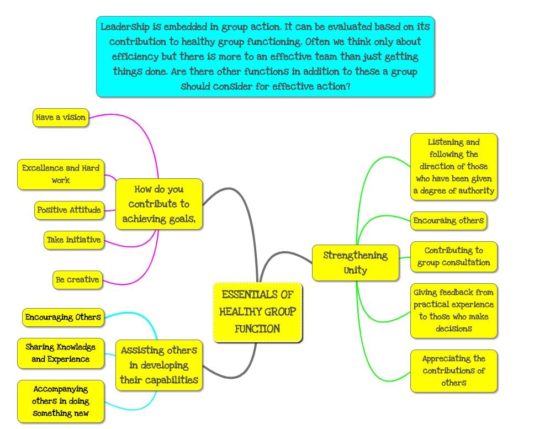
Regarding his Facebook posts, Mike shares: “It’s been very encouraging. A lot of folks have reacted to the posts positively, and it’s also been fun to think creatively about how to share this conceptual framework, which so brilliantly embodies so much of what I believe and am striving to become and help to create in the world.”
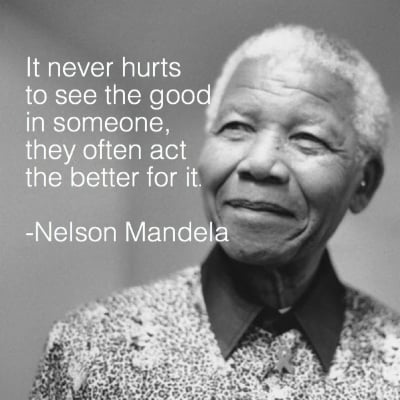
In conclusion, “the biggest takeaway I have from this course is the power of articulating little by little the conceptual framework as presented in the course to a group of collaborators and also the power of using this framework in my social media posts. Having read the book some years ago individually, it certainly interested me, but how to practice it remained elusive. When I began sharing the ideas with my collaborators both at work and in my family, it became more doable and more digestible, especially when explored together with them over the course of many weeks. Posting on social media further strengthened a sense of togetherness. What I realize is that in order to integrate new ideas into my way of life, they require a degree of socialization in my relationships. To the extent that they can go on to be aspects of culture among a community or group of friends will the new ideas and ways of being take root.”

